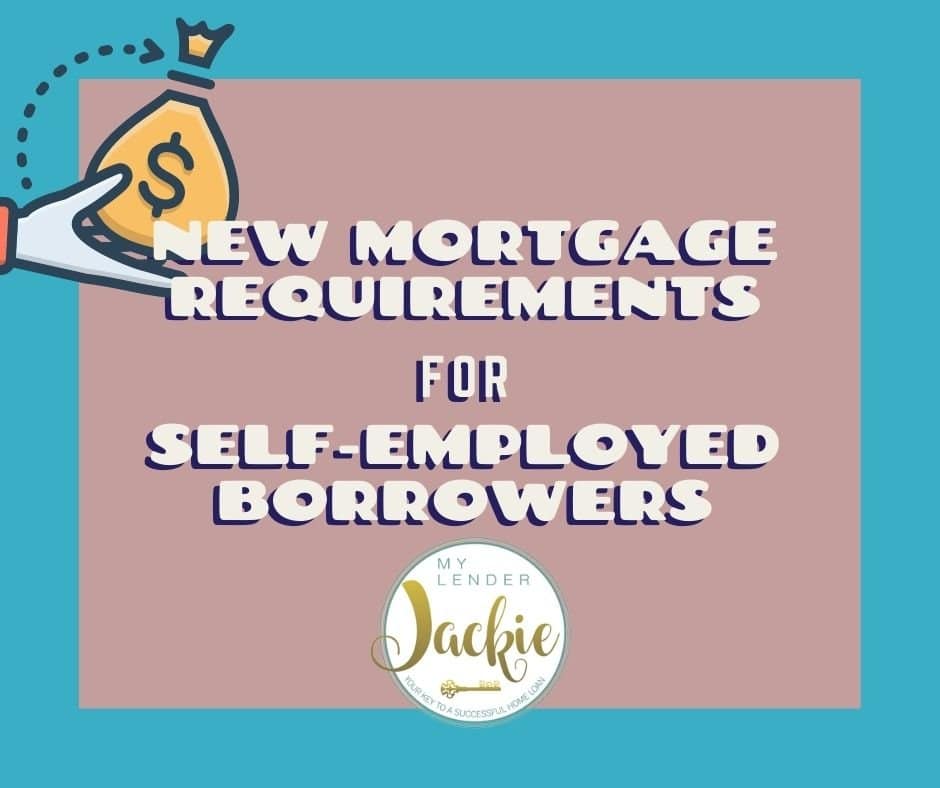Last month Fannie Mae and Freddie Mac both announced new standard requirements for self-employed borrowers and loan applicants. It is expected that many other lenders will adhere to these loan requirements in the near future as well.
New Self-employment Mortgage Requirements
The worldwide pandemic has greatly impacted the mortgage market. There is a much higher risk of a loan going into forbearance or delinquency right now, and because of this lenders are taking extra precautions with all types of loan applicants to help ensure they are not loaning out money that will not be returned or become a hardship on the bank. Right now, with self-employed applicants, lenders are looking specifically for any loss of income due to the economic effects of the virus. As a result self-employed mortgage applicants should expect to provide more documented proof of stable income.
These are the new minimum additional required documents that Freddie Mac and Fannie Mae want to see:
An unaudited year-to-date profit and loss statement for Self-Employed Borrowers.
This statement must be signed by the borrower and report business revenue including gross receipts or sales, expenses, and net income. The information in this statement needs to cover the month right before the current month that the loan application was made in and it must be dated no more than 60 days before the Note Date.
Related: How to Be Your Mortgage Lender’s Favorite Client
Two Months of Business Account Statements.
The two months that a lender wants to see are the most recent two months reported on the unaudited year-to-date profit and loss statement. So if the profit and loss statement covers information up until June 30, 2020, they want to see business account statements for both May and June of 2020. If the self-employed applicant is a small business owner and does not hold a separate bank account for the business from their personal bank account then personal bank account statements with proof of business deposits and expense withdrawals may be used.
OR
An audited year-to-date profit and loss statement for Self-Employed Borrowers.
Instead of providing the two items above, a self-employed applicant can submit an audited profit and loss statement. This must include gross receipts or sales, expenses and net income. It must also cover the most recent month prior to the date of loan application and be dated no more than 60 days before the Note Date.
Note: recent documentation has become much more important and more strictly enforced. Previously, if the closing process took longer than expected any required documented proof of financial stability that was received at the application time was taken. So if it took an extra two weeks to a month to finalize and close no new documents would be required. Now, documents would need to be resubmitted to ensure they are no older than 60 days.
Though requirements have become a little more strict to help ensure lenders are not taking too big of a risk, it is still a good time to apply for a mortgage, even if you are self-employed. As long as you are financially solid, you can walk away with an interest somewhere around 3%.
If you are looking for more information on mortgages for the self-employed in California, please contact me right away. I would love to talk over the best options for you.
More: What if you are newly self-employed?
Contact Me Now

